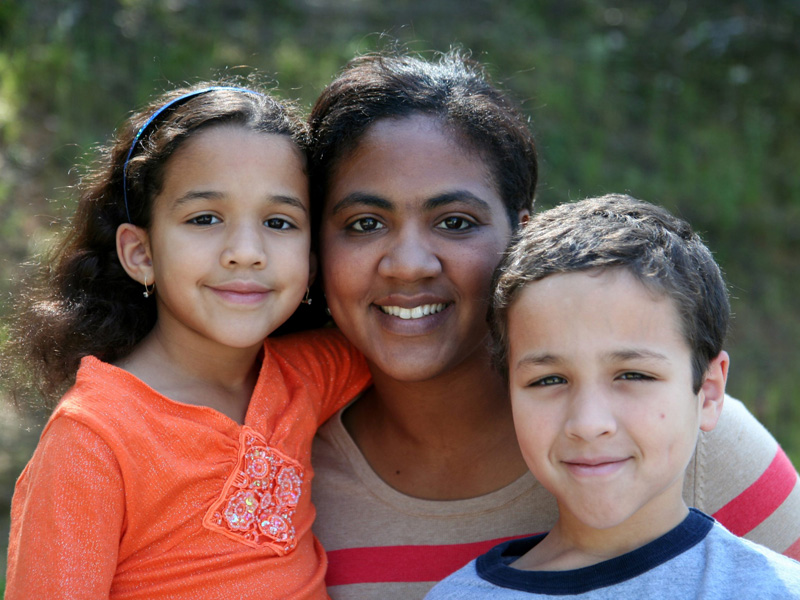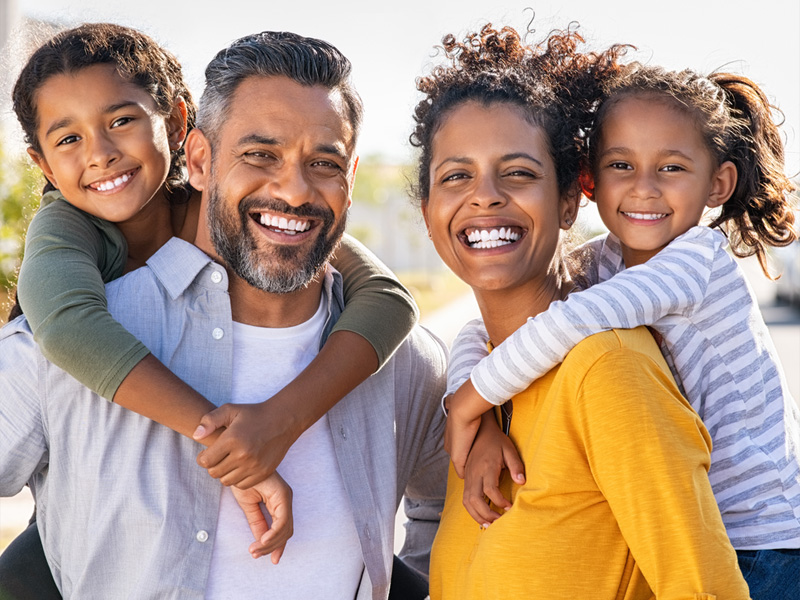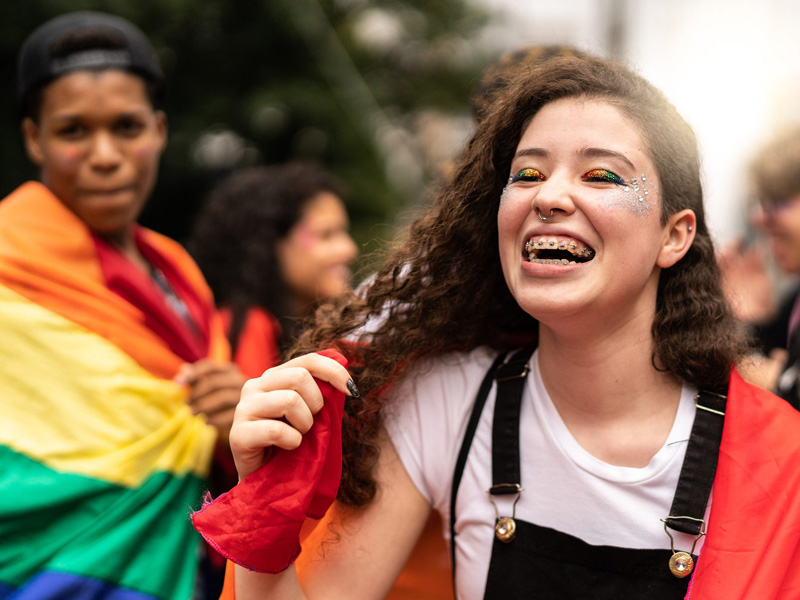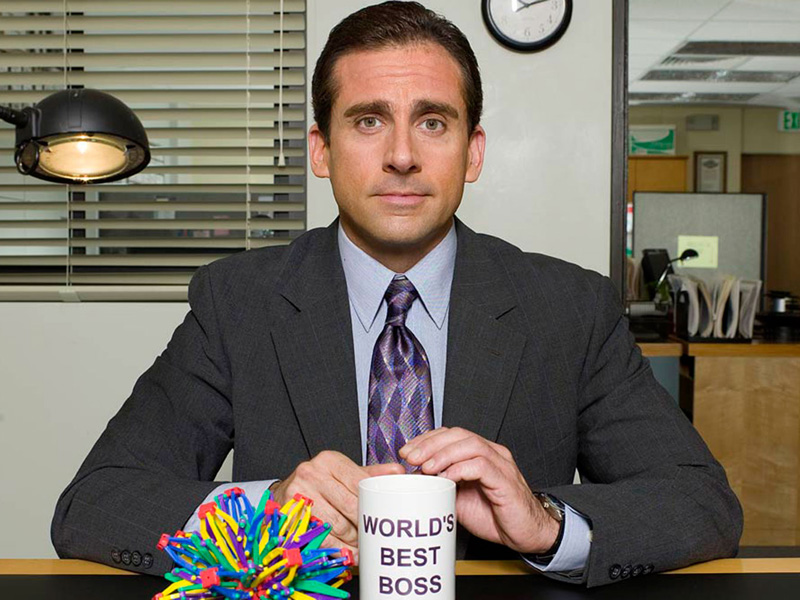



Relationship Support
Romantic Relationships
Relationship Counseling
There are many types of relationships, and any one of them could need help. In the end, everything revolves around relationships. As many native tribes say, Mitákuye Oyás’in, which translates to “All my Relations” or “All are Related.” It is a prayer of oneness and harmony with all forms of life: other people, animals, birds, insects, trees and plants, and even rocks, rivers, mountains, and valleys.
Romantic Relationship Counseling
AKA couples therapy, is a type of psychotherapy where the therapist focuses on the couple as the client while working on individual goals for each person. Relationship counseling is helpful at any stage of a relationship: pre-marital (as an aid to help dig into the hard topics), troubled relationships (improved communication, improved interactions, conflict resolution, figuring out if the relationship still works for each partner), and even healthy relationships (strengthened communication or connection).
Relationship counseling can be the focus of individual sessions or couples sessions. Sometimes we may find ourselves unhappy but not have a clear reason why. Bring that into therapy with you, we can figure it out. Sometimes there is a lack of a relationship that needs to be addressed because the last, or the last few relationships have been so detrimental you’re scared to try again. Or maybe you are afraid to be alone so what we need to work on is carving out time for learning who you are, your hard no’s, and what you are capable of giving, and what you need in a relationship.
DeTOXING from an abusive relationship
You may be left feeling anxious or insecure, angry or upset, or drained and dissatisfied. This can be any type of relationship where you feel dissatisfied with the relationship as it is and where your needs aren’t being met in the relationship. Sometimes this is a parental relationship, your co-parent, a friend, or a family member. Often, this is a significant other. Sadly, no matter the hurt, there is often something about the dynamic that is difficult to leave behind which can cause cognitive dissonance that we often solve by continuing to put energy into maintaining the relationship despite the toll it is taking on your life, mental and physical health.
Some believe that to fully detox from a toxic/unhealthy relationship, you need to follow specific steps. Some include No Contact for 8 weeks, similar to a chemical detoxification program. I don’t believe that one size fits all. It’s not always realistic to stop all contact; then it is about managing contact on terms that are acceptable to you, identifying and enforcing boundaries, as well as healing yourself while protecting yourself. You might co-parent with this person, work for or with this person, or have them as a friend or family member that you don’t want to cut out of your life, but create distance and a more manageable relationship instead. Bring that into the session with you, we can work on that.
When is it “time” to come in for therapy?
Regardless of the type of relationship you are in, if you find that
- You have a hard time expressing your feelings to the other person
- You have one or more unsolvable disagreement
- One of you withdrawals, criticizes, or holds feelings in contempt
- A stressful event has happened that the relationship hasn’t been able to move past
- You have trouble making decisions together
- Infidelity, addiction, or emotional/physical/psychological abuse occurs
- You want a stronger relationship
Relationship counseling could be helpful for you. It is never too early to start therapy, some couples begin before they are married to help ensure a strong foundation and that no one “buries” any potential problems. It is possible to wait too long to go to therapy. The average couple waits six years before going to therapy which is a lot of time for problems to fester making it extraordinarily difficult to repair the relationship.
Co-Parenting
Parenting & Co-Parenting
I believe that putting the well-being of your child(ren) at the forefront is essential for their healthy development and overall happiness. I am happy to meet with one or both parents either individually or together because the child(ren)’s best interest is what we want to achieve.
Whether parenting or co-parenting therapy, the therapy room offers a safe and neutral space where parent(s) can learn different techniques that may be a better fit for your child(ren). Where both parents can work together, with the guidance of a trained therapist, to address any challenges and find mutually beneficial solutions. Here are a few reasons why parenting/co-parenting therapy can be beneficial:
- Improved Communication: Effective communication is vital for successful parenting/co-parenting. Learning practical skills and strategies to enhance your ability to communicate with your co-parent respectfully and constructively.
- Conflict Resolution: Disagreements and conflicts are common in co-parenting situations. To be able to navigate these challenges, find common ground, and develop strategies to resolve conflicts in a healthy and productive manner.
- Parenting Plans: Developing a comprehensive and child-focused parenting plan is crucial. You can co-create a customized plan that considers the unique needs of your child(ren) and ensures their well-being is prioritized.
- Emotional Support: Co-parenting can bring up a range of emotions, including sadness, anger, or frustration. Having a safe place where you can express your feelings, process your emotions, and learn healthy coping mechanisms is vital to the success of your child(ren).
- Co-Parenting Skills: Effective co-parenting skills can significantly improve the dynamics between you and your co-parent which results in a less stressed child(ren). Information and guidance on setting boundaries, managing expectations, and promoting consistency across households for the benefit of your child(ren).
- Transition Support: Adjusting to a new co-parenting arrangement can be challenging for both parents and children. Navigating this transition and providing guidance on how to make it as smooth as possible for everyone involved can feel like a lifeline.
Coworkers/Bosses
Maintaining appropriate boundaries in workplace relationships, especially between coworkers and between employees and bosses, is crucial for a healthy and productive work environment. Here’s an elaboration on this topic, along with a real-world example of how to address inappropriate boundaries or boundary crossings.
Understanding Workplace Boundaries
Workplace boundaries are the limits and rules we set for ourselves in professional relationships. These boundaries help to create a respectful and safe environment for everyone.
Types of Boundaries in the Workplace:
- Emotional Boundaries: Keeping personal and professional lives separate, managing emotional responses.
- Physical Boundaries: Respecting personal space and understanding the physical distance norms in different cultures.
- Time Boundaries: Respecting work hours, and lunch breaks, and acknowledging the need for work-life balance.
- Workload Boundaries: Understanding individual capacity and not overburdening oneself or others.
- Communication Boundaries: Keeping interactions professional, and avoiding inappropriate topics or language.
Importance of Boundaries Between Coworkers and Bosses
- Prevents Misunderstandings: Clear boundaries reduce the risk of misinterpretations and uncomfortable situations.
- Maintains Professionalism: Helps in upholding a professional atmosphere.
- Reduces Stress: Knowing the limits can alleviate anxiety about workplace interactions.
- Protects Against Harassment: Establishes a baseline for acceptable behavior, protecting against potential harassment.
Real-World Example: Addressing Inappropriate Boundaries
Scenario: Imagine a situation where a boss regularly calls an employee after hours for non-urgent work matters. This oversteps time boundaries and can lead to stress and burnout for the employee.
Steps to Overcome This Boundary Crossing:
- Self-Reflection: The employee recognizes the discomfort and acknowledges the need to address the boundary issue.
- Seek Advice: If unsure how to proceed, the employee might consult with HR, a mentor, or a counselor for guidance.
- Plan the Conversation: Prepare what to say, focusing on the impact of the behavior rather than the behavior itself.
- Initiate a Private Conversation: Request a private meeting with the boss to discuss the concern.
- Use “I” Statements: Express feelings using “I” statements to avoid sounding accusatory. For example, “I feel stressed when I receive work calls after hours as it affects my time.”
- Propose a Solution: Suggest practical solutions like an agreement to limit after-hours communication to emergencies only.
- Seek Mutual Understanding: Aim for a mutual understanding of needs and boundaries.
- Follow-up: If the situation doesn’t improve, follow up with a written reminder or further discussion.
- Escalate if Necessary: If the boundary crossing continues, it may be necessary to escalate the issue to HR.
Boundary setting in the workplace, especially in coworker and boss-employee relationships, is vital for maintaining a respectful, productive, and balanced work environment. Addressing boundary crossings effectively involves clear communication, assertiveness, and sometimes seeking advice from HR or a counselor. By setting and respecting boundaries, both employees and bosses contribute to a more positive and efficient workplace.
Caregiver Support
At Ironwood Counseling, I understand the unique challenges and demands that come with being a caregiver for our parents, from personal experience as well as professionally. Caring for aging parents can be a fulfilling and meaningful experience, but it can also be emotionally and physically draining. I am here to provide you with the support and guidance you need to navigate this complex journey.
My Approach:
- Compassionate and Empathetic Listening: I believe in creating a safe and non-judgmental space where you can openly express your thoughts, feelings, and concerns. Shauna has been trained in normative development throughout the lifespan which helps her understand how this role change can affect both your and your parent(s) emotional wellbeing.
- Tailored Support: I know that every caregiver’s situation is unique. Shauna will work closely with you to develop a personalized treatment plan that addresses your specific needs, challenges, and goals. We take into account your parent’s health condition, your relationship dynamics, and any other factors that may be influencing your caregiving experience.
- Stress Management and Self-Care: Caregiving can often leave you feeling overwhelmed and neglecting your own needs. We prioritize teaching you effective stress management techniques and self-care strategies to help you maintain your physical and mental well-being. By taking care of yourself, you will be better equipped to provide the best possible care for your parents.
- Emotional Support: The emotional toll of caregiving can be significant. Shauna is here to provide you with emotional support, validation, and guidance throughout your journey. I will help you process difficult emotions such as guilt, grief, frustration, and anxiety while equipping you with coping mechanisms to navigate these challenges.
- Education and Resources: I believe that knowledge is power. From practical tips to navigating healthcare systems to understanding legal and financial aspects, we aim to empower you with the necessary tools and knowledge to make informed decisions.
Take the First Step: If you are feeling overwhelmed, stressed, or in need of support as a caregiver for your parents, we encourage you to take the first step toward seeking therapy. Shauna is a compassionate therapist who is ready to help you on your caregiving journey, empowering you with the tools and support you need to navigate the challenges and find balance in your life.
Contact us today to schedule a consultation and begin your path toward emotional well-being and support as a caregiver. Remember, you don’t have to face this journey alone.
Friend Support
Friendships
Navigating friendships can sometimes be challenging or even overwhelming. Whether you’re dealing with an overbearing friend, a friend who promises to show up for you but typically doesn’t, or don’t have the supportive close people you want to have in your life – or anywhere in between, I am here to support you.
Problematic Friend Relationships: Friendships can bring immense joy and fulfillment to our lives, but they can also be a source of our difficulties and conflicts. We will work together to identify any patterns, communication issues, or unresolved conflicts that may be contributing to the challenges you are currently facing. Through effective communication strategies, boundary-setting techniques, and conflict resolution skills, My goal is to help you foster healthier and more fulfilling friendships.
Missing Friendships: Experiencing a lack of friends can be distressing and impacts how we see ourselves, our self-confidence, and our overall well-being. Sometimes we find ourselves with this need because we are new to an area, as a function of our job, or as a result of the end of a relationship. In therapy, you can expect to be supported as you navigate and address the underlying factors contributing to your situation. Together, we will explore any potential barriers that may be hindering your ability to connect with others and develop meaningful friendships. Additionally, we will work together to enhance your self-confidence, social skills, and personal growth, enabling you to create authentic connections with others.
